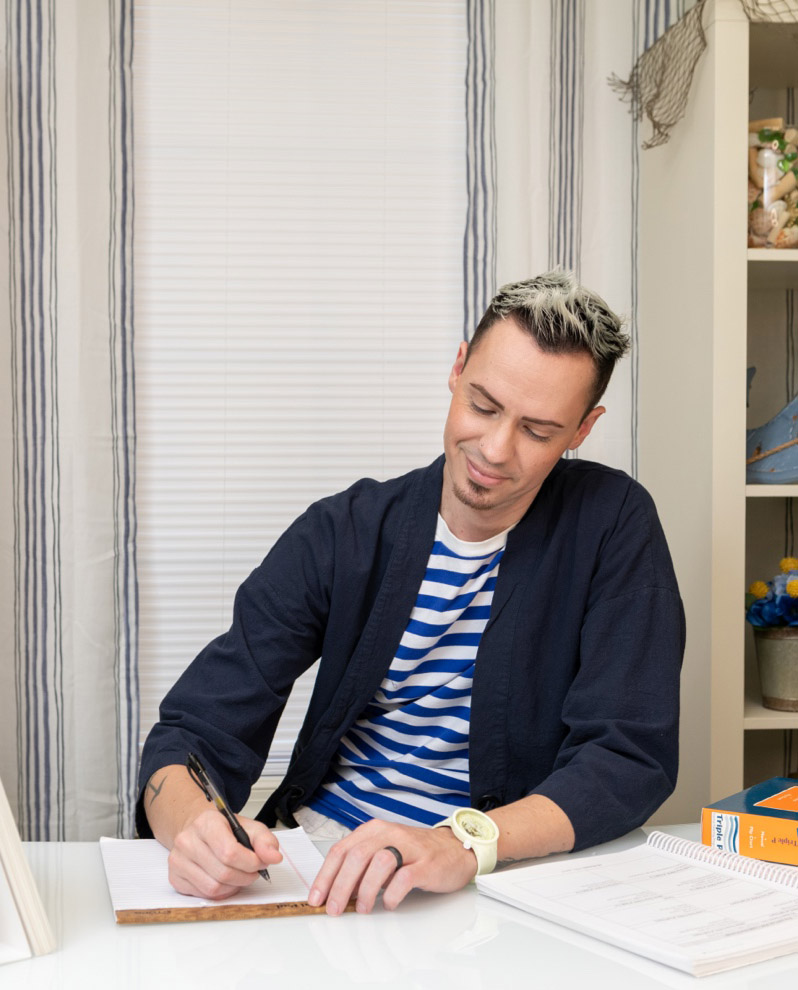Moving Beyond Coping Skills
As parents and caregivers, we want to provide our teens with the best tools for managing their daily stress, anxiety, and big difficult feelings. Coping skills are an important part of this toolkit, but it’s important to remember that there can be limitations when using them.
Coping skills are meant to help us manage our feelings in a healthy way, so they don’t become overwhelming or get us to act out ineffectively in the moment. Coping skills are very practical and effective when used in situations that cannot be changed right away, and when acting on impulses are not likely to get us what we want in the long run. Coping skills can help teens by slowing down their reactions, so that they can come up with better and more effective responses. However, coping skills alone may not be enough for some situations, especially when the problem or issue is likely to reoccur. If your teen is dealing with more severe mental health issues like Depression or Anxiety disorders, then professional help may be needed, instead of relying on coping strategies alone.
certain types of coping strategies, such as avoiding difficult conversations, numbing out through screens or substances, or engaging in self-harm behaviors, can actually lead teens further away from finding effective solutions.
Additionally, if your teen has been exposed to trauma, such as abuse or bullying, then they may need specialized care from a therapist who understands how these experiences impact behavior and emotions in order to properly address any underlying issues. These adverse experiences often lead to higher distress levels and emotional reactivity in teens, and added difficulty in selecting, applying, and evaluating when and how to use coping skills.
It’s also worth noting that while helpful in many cases, certain types of coping strategies, such as avoiding difficult conversations, numbing out through screens or substances, or engaging in self-harm behaviors, can actually lead teens further away from finding effective solutions. Coping skills are great because they work, yet too much of a “good” thing can lead to avoidance, while the underlying problem continues to build up and cause more stress. For example, teens may cope with the stress of a big upcoming project by telling themselves that they will do it later, or opting to do more exciting projects first. This provides some temporary relief in the moment, yet the stress continues to build with the impending deadline. This often leads to teens using even more coping skills, such as taking naps and talking with friends, which, again, helps to relieve the stress in the moment, but does nothing in terms of facing the actual cause of the stress. Eventually, you will most likely see the big meltdown and all-nighter that comes the day before the big project is due, since the coping skills were really a form of avoidance, and not used in an effective and intentional way.
In summary, when teaching our teens about various ways that they can cope with stress, it is beneficial to discuss how the reliance on coping skills alone for daily issues can actually cause more stress in the long run – especially when the underlying source of the stress is not addressed. Sometimes seeking professional help, such as the services provided by Sage & Anchor, is necessary to figuring out if teens are practicing and applying coping skills in the most effective way possible.



